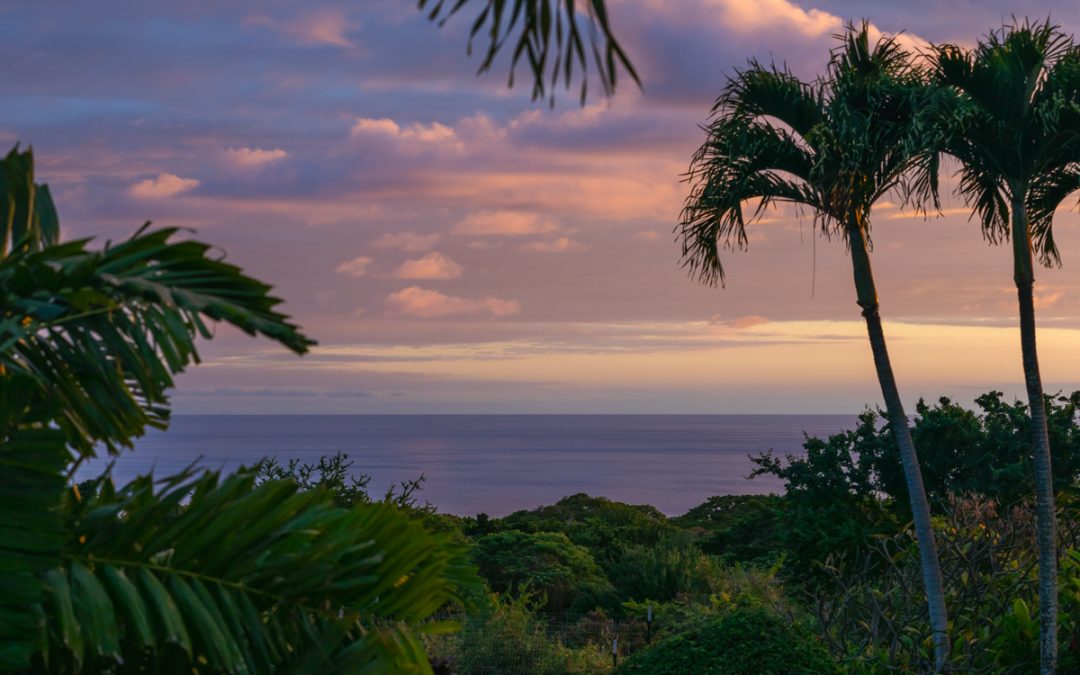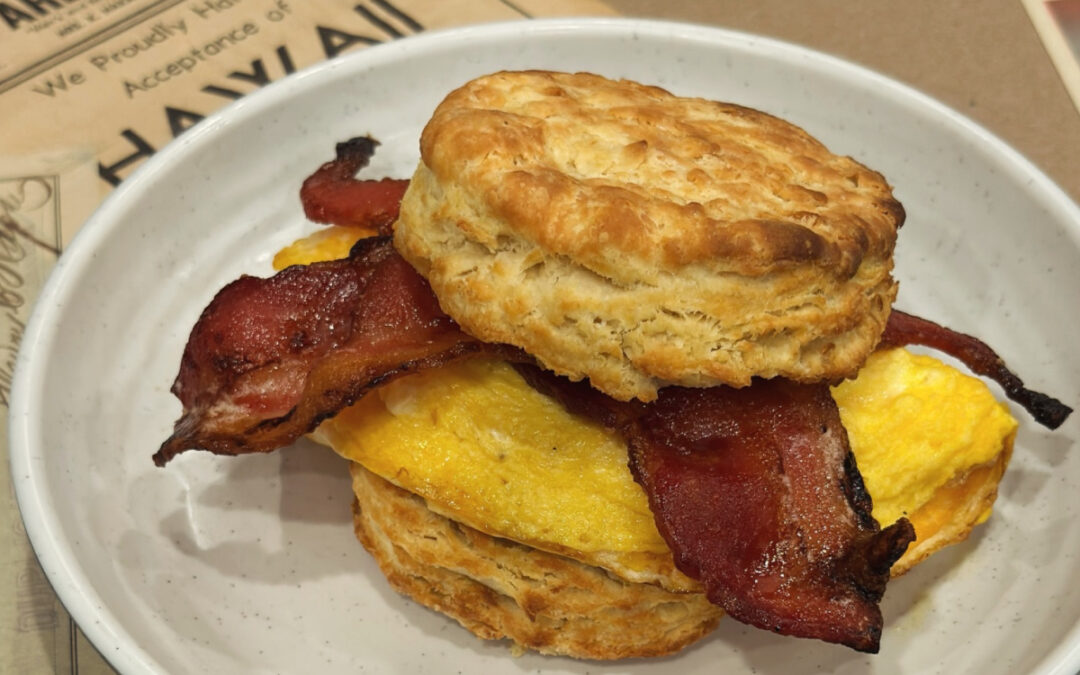The first question many of you may have is, “what is a DST?”. DST stands for Delaware Statutory Trust. Why the name? It is simply a separate legal entity created under the laws of Delaware to hold a beneficial interest to one or more income-producing commercial properties, which qualifies as a “like-kind” replacement property in a 1031 exchange.
So how does it work? Let’s say you’ve been a player in the residential real estate investment game for a while. You’ve purchased residential homes, leased them out, and sold them for a profit. Many of you take that gain and turn it over to acquire another residential property through a 1031 exchange to avoid the capital gains tax. But what if you didn’t want to continue to be a landlord? What if you didn’t want all the hassles that go along with owning residential real estate and dealing with renters? What if you could take those capital gains, avoid the taxes, and invest in commercial real estate? What if you could increase your tax deductions so you can keep more of what you earn? What if you could increase your growth by purchasing more property without needing a loan? What if you could cash out up to about 45% of the equity tax-free and still earn as much as you currently do? What if you could ensure your beneficiaries won’t fight when you pass away? Better yet, by investing in this commercial real estate there would be absolutely nothing for you to do except collect your checks every month and cash in on the appreciation when it sells. Sound too good to be true? Maybe not!
What I just described is the essence of a Delaware Statutory Trust. Let’s use an example: you sold an investment house and realized a profit. You can take the net sales proceeds and 1031 exchange it into an institutional-grade commercial property. Specifically, you are investing that money with a pool of investors in a large commercial investment. For instance, we are working with a DST specialist team in Honolulu which is currently offering an investment in an Amazon Fulfillment Center in Virginia. They have access to the Delaware Statutory Trust and are helping clients invest.
Different commercial opportunities come up throughout the year, but generally, a DST sponsor company is only offering one or two investments at a time until those investments are fully funded. Let’s say you 1031 exchange $200,000 into the fund and now you have an ownership share of the Amazon Fulfillment Center. As each month goes by you get a return on your investment and a check is direct deposited into your account. Return on investment varies widely, however, most will tell you that these DST’s are returning somewhere in the neighborhood of 3.5 to 4% cash on cash return on a yearly basis. This doesn’t sound like a lot of money but remembers it’s pure profit and you have no expenses against it. Most residential landlords are only making on average $500 a month in profit after expenses. A 3.5% return on a $200,000 investment in a DST would return about $583 in profit every month without any of the hassles of being a landlord.
The real return on investment comes when the DST goes what they call the “full cycle”. This is when the fund sells, and you see the gain on your investment from the appreciation. In the example above, the fund would normally go full cycle or sell in five to six years. You see, the DST owns and funds the Amazon Fulfillment Center and at the end of that five or six years they sell it back to Amazon or an institutional investor. At that time, you have the option of doing a 1031 exchange into the next DST, back into a property of your choosing, cash out some, or cash out all. However, if you cash out, you will be subject to tax. Again, returns will vary widely but the range of annualized total return on investment after going full cycle for the average investor is between 9 and 12%.
Now there are some downsides to this, one of which is this type of investment is not a quick hit, in and out. You’re going to need to stay in for the full five or six years. If you need to get out before then you’re going to need to find someone to buy your shares and at what price?
There are many scenarios in which this type of investment may be better than continuing to roll 1031 into another residential landlord situation. Let’s say for instance you had multiple investment properties and you were willing them to your children. One of your children has no desire to be a landlord. You could sell the investment property you had earmarked for that child, put it into a DST and they would get a similar return on investment without having to do any of the work of managing a property.
This is a very 1,000-foot level look at a DST and how it works. If you want more specific information or have additional questions, feel free to reach out to us here at The Hawaii Team and we will set up a Zoom call with our partners in Honolulu. Happy Investing.
Dan & Chris





